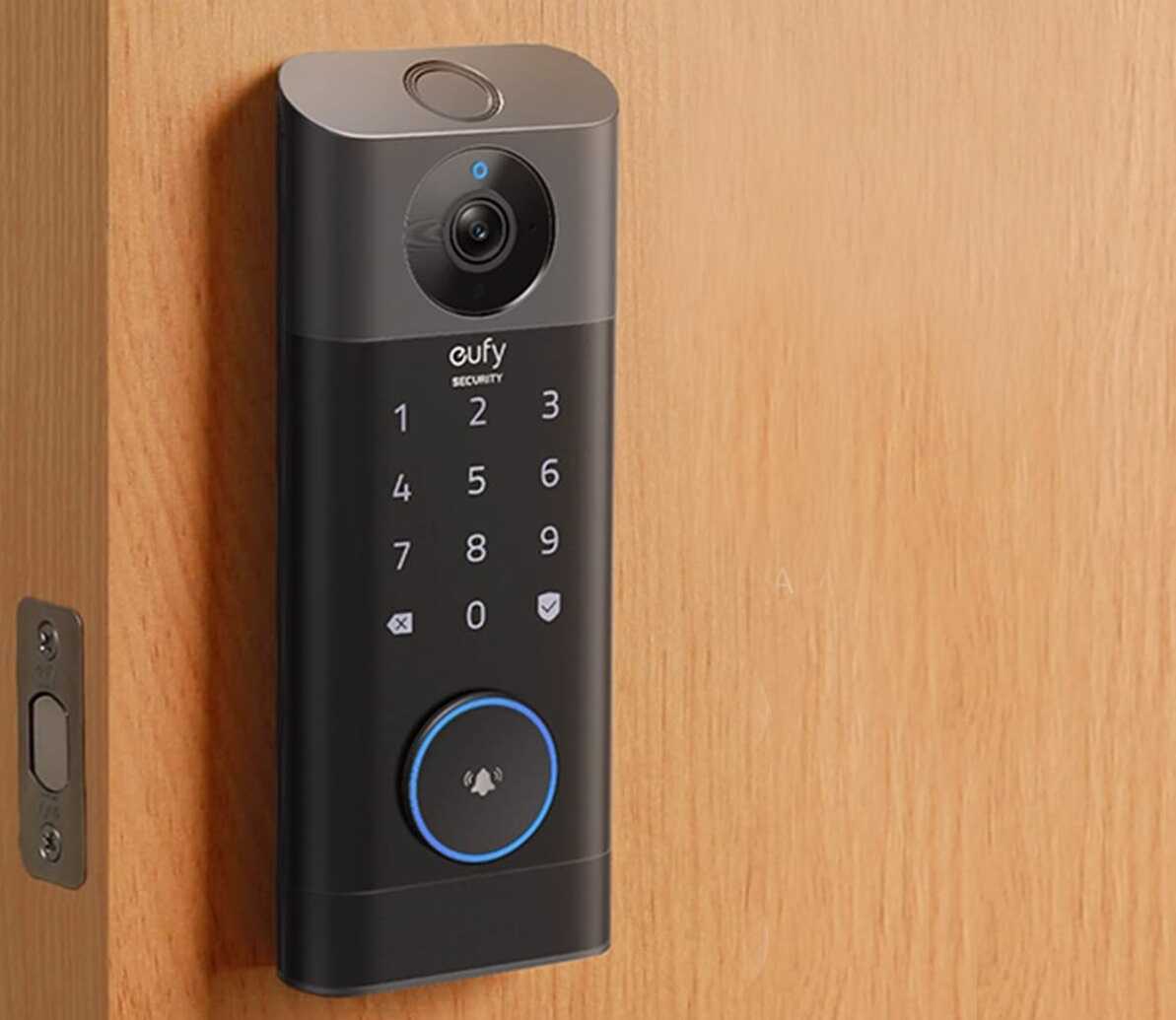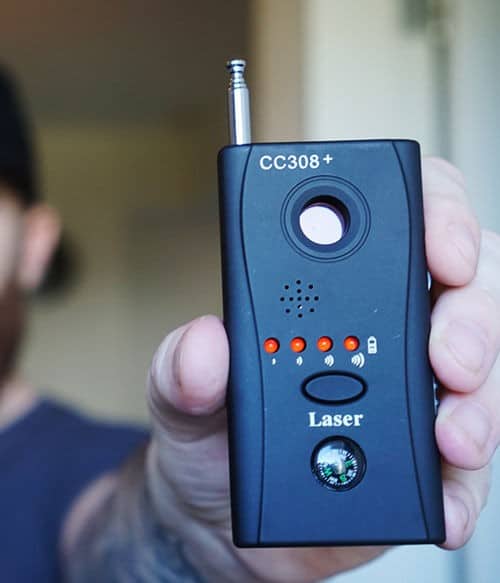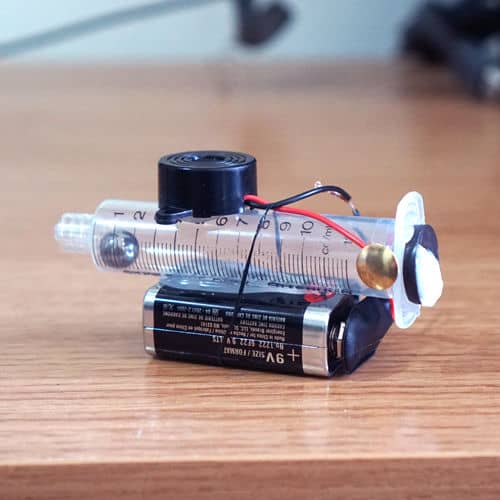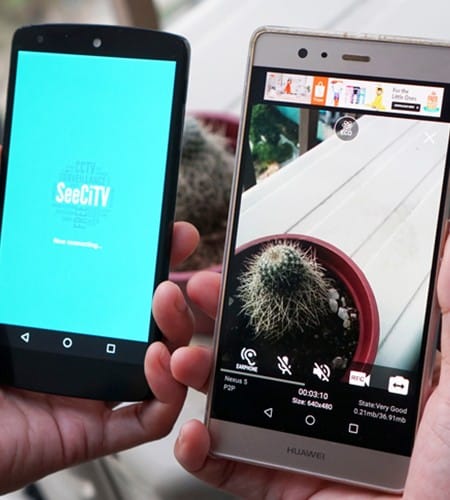What Happens and What to Do if Your Smart Lock Battery Dies
Smart locks utilize batteries to power their electronic components, such as the keypad, motor, and communication module. The type of battery used varies from one smart lock model to another. While some use standard alkaline batteries, others may come with rechargeable lithium-ion batteries.

Signs of a Dying Smart Lock Battery
Before your smart lock battery completely dies, it often exhibits warning signs. Some common signs of a dying battery include:
Dimming Keypad: If the keypad backlight starts to dim or fails to light up, it could be an indicator of a low battery.
Sluggish Lock Mechanism: A slow or unresponsive locking mechanism might be a sign that the battery is running low on power.
Intermittent Connectivity: Issues with connecting to the smart lock through the mobile app or other connected devices may occur when the battery is about to die.
Immediate Actions to Take When the Battery Dies
Using a Backup Key: Most smart locks come with a physical key as a backup option. If the battery dies, use the provided key to unlock the door manually.
Recharging or Replacing the Battery: For smart locks with rechargeable batteries, check the manufacturer’s instructions on how to recharge it. In case of non-rechargeable batteries, replace them with fresh ones following the manufacturer’s guidelines.
Preventive Measures to Avoid Future Issues
Regular Battery Checks: Make it a habit to check the battery status of your smart lock periodically. This will help you stay ahead of potential battery issues.
Battery Replacement Schedule: Set a schedule for replacing the batteries even if they seem to be functioning well. This will ensure the lock’s reliability.
Choosing the Right Smart Lock: Invest in a smart lock with a longer battery life or one that offers low-battery alerts to avoid surprises.
Troubleshooting Common Problems
Battery Not Charging: If your smart lock’s battery is not charging properly, inspect the charging cable and port for any damages. If needed, contact the manufacturer for assistance.
Battery Drainage: Excessive battery drainage can result from connectivity issues or a malfunctioning motor. Troubleshoot the problem or consult a professional.
Lock Malfunction: If the smart lock stops responding to commands or experiences mechanical issues, try resetting it as per the manufacturer’s instructions. If the problem persists, seek professional help.
Seeking Professional Help
If you encounter persistent issues with your smart lock or you are unsure about handling the problem on your own, do not hesitate to seek assistance from a professional locksmith or the smart lock manufacturer’s customer support.
Advantages of Smart Lock
- Keyless Entry: No need to carry physical keys; access your home using a smartphone or PIN code.
- Enhanced Security: Many smart locks come with advanced encryption and authentication protocols for increased security.
- Remote Access: Control and monitor your smart lock remotely, even when you’re away from home.
Conclusion
Smart locks have revolutionized home security with their innovative features, but their dependency on batteries can be a concern if not managed properly. Regular battery checks, proactive replacement, and choosing the right smart lock are essential to ensure that you never face the inconvenience of a dead battery. By taking immediate action and following the preventive measures outlined in this article, you can maintain a seamless and secure smart lock experience.
FAQs
Q: Can I use my smart lock while the battery is charging?
A: It depends on the smart lock model. Some smart locks allow you to use them while they are charging, while others may not function during charging.
Q: How long do smart lock batteries usually last?
A: The battery life of smart locks varies depending on usage and the type of battery used. It can range from several months to over a year.
Q: Can I replace the smart lock battery myself?
A: Yes, most smart locks are designed for easy battery replacement. Refer to the manufacturer’s instructions for the correct procedure.
Q: Are smart locks secure against hacking attempts?
A: Smart lock manufacturers employ advanced security measures, but no system is entirely hack-proof. Choosing reputable brands and updating firmware regularly can enhance security.
Q: What happens if I forget my PIN code and the battery dies?
A: In such a scenario, you may need to use the physical key (if available) or contact the manufacturer or a locksmith for assistance.





